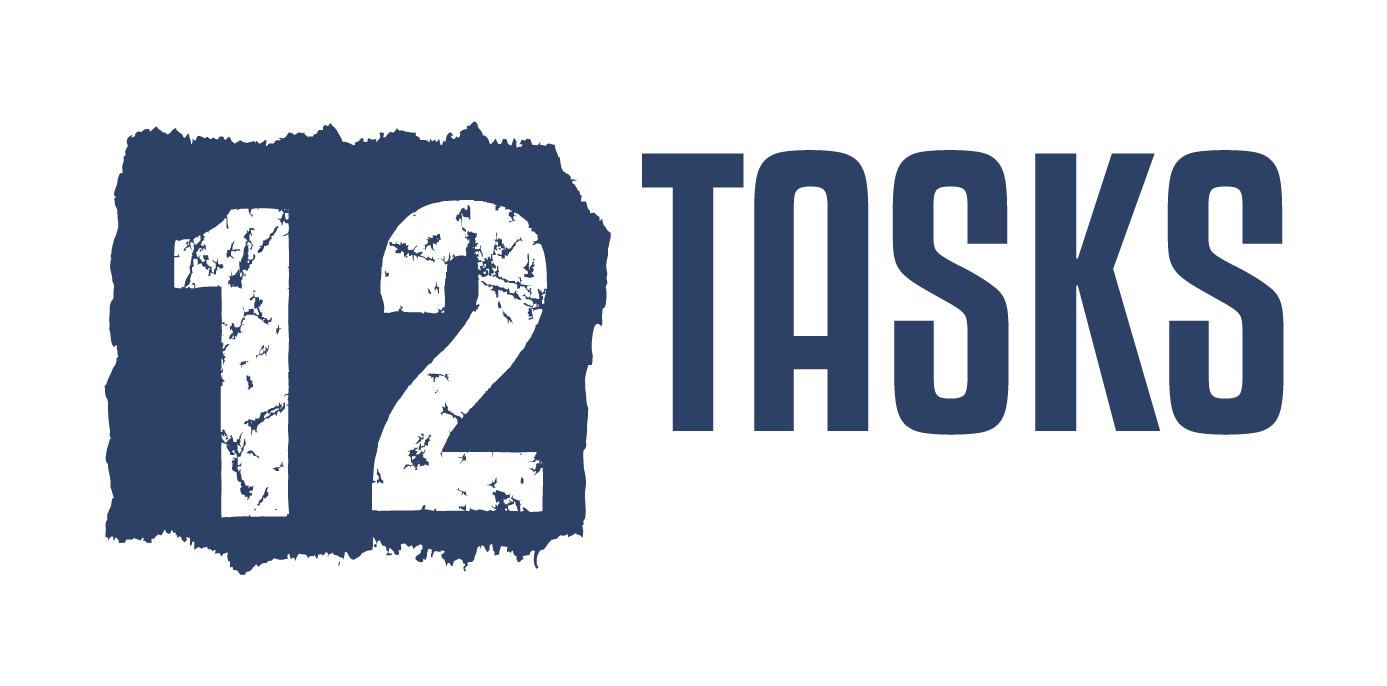We all have traditions. They may not look like anyone else’s but we have them. Whether it’s the Thanksgiving, Christmas, New Years or Easter festivities – we know where we’re supposed to meet and what we’re supposed to do. One of our family traditions is to go camping as an extended family. We’ve had up to 42 of us at a lake in BC. In Kenya, traveling to the coast was a tradition during school holidays whenever we could make that happen. 12 Tasks also became a tradition.
In The Parenting Book, by Nicky and Sila Lee, the authors state that “traditions give our children a sense of belonging within our family. Traditions can be great fun as well as building stability and rhythm.” (p. 435) In our home, my son Richard liked to set up his own traditions for board games. He would take our traditional house rules and develop his own tweaks when he played with his friends. However, when he played with the rest of us in the family the traditional rules of the house reigned.
Establishing 12 Tasks as the tradition that we do in this family made it a natural progression after Richard to his sisters. Passing this tradition on to my son-in-law hasn’t been that smooth since he didn’t grow up with any clear rites of passage or age-related rituals. If he paid attention to the careful rhythms of his life he would notice more rituals than he realizes.
Rituals arise when we eat the same menu item at a certain meal each week; when we go to the same restaurant; when we choose the same holiday spot; when we walk or ride on the same routes; when we play the same games; when we give the same kinds of cards or gifts. Traditions pull us together.
The Lees say “Traditions can be especially important for those parenting on their own. A friend of ours wrote, “As a single parent, when my children were still deeply unsettled by the break up of my marriage, reinforcing traditions was a saving grace. Even when things got really tough, the children looked forward to birthdays, Christmas, and so on. When she then married a man with three children from his former marriage, the challenge was to combine two different sets of (sometimes conflicting) traditions. Dropping any of them met with considerable resistance from the children in whose home they had been established. But knowing how important routines were for their new family, the parents made compromise, let some go and made a point of establishing some new ones.” (pp. 435-436)
Routines and traditions will always be tested as kids grow. They gain security from knowing the boundaries are clear and reliable. Where you live will determine the kinds of routines and traditions you might set up. Parks, beaches, mountains, libraries, community centers or malls may be incorporated into your tradition. The Lees warn that “too much routine can adversely affect family life, particularly if it prevents spontaneity and creativity.” They add that ‘family life must be allowed to evolve and traditions should serve us, not vice versa.” (p. 446)
12 Tasks is a tool and a gift to serve you in the establishment of traditions. In the 12 Tasks book, we made note of the fact that Richard expanded the 12 Tasks tool to become a tradition where his children were given a number of tasks on their birthdays equivalent to their age. Ie At three they had three tasks suitable to their age; at four they had four tasks. The 12 Tasks in the twelfth year became a celebration year in which their final celebration marked the end of tasks. This year by year giving of tasks became a tradition that made the final year a clear year of celebration.
We trust that you are finding your own family traditions. Perhaps one of these might find its way into the 12 Tasks assigned to your child. Ie When camping, it could turn into a week where the child books their own site next to yours, organizes their own food for the week, sets up their own tent and supplies, cleans up after themselves. Keep us in touch with how you are developing traditions that are anchoring your family and let us know how these might work in a task you are setting up. Maybe a tradition that you’ve established might be a new task for someone else.

